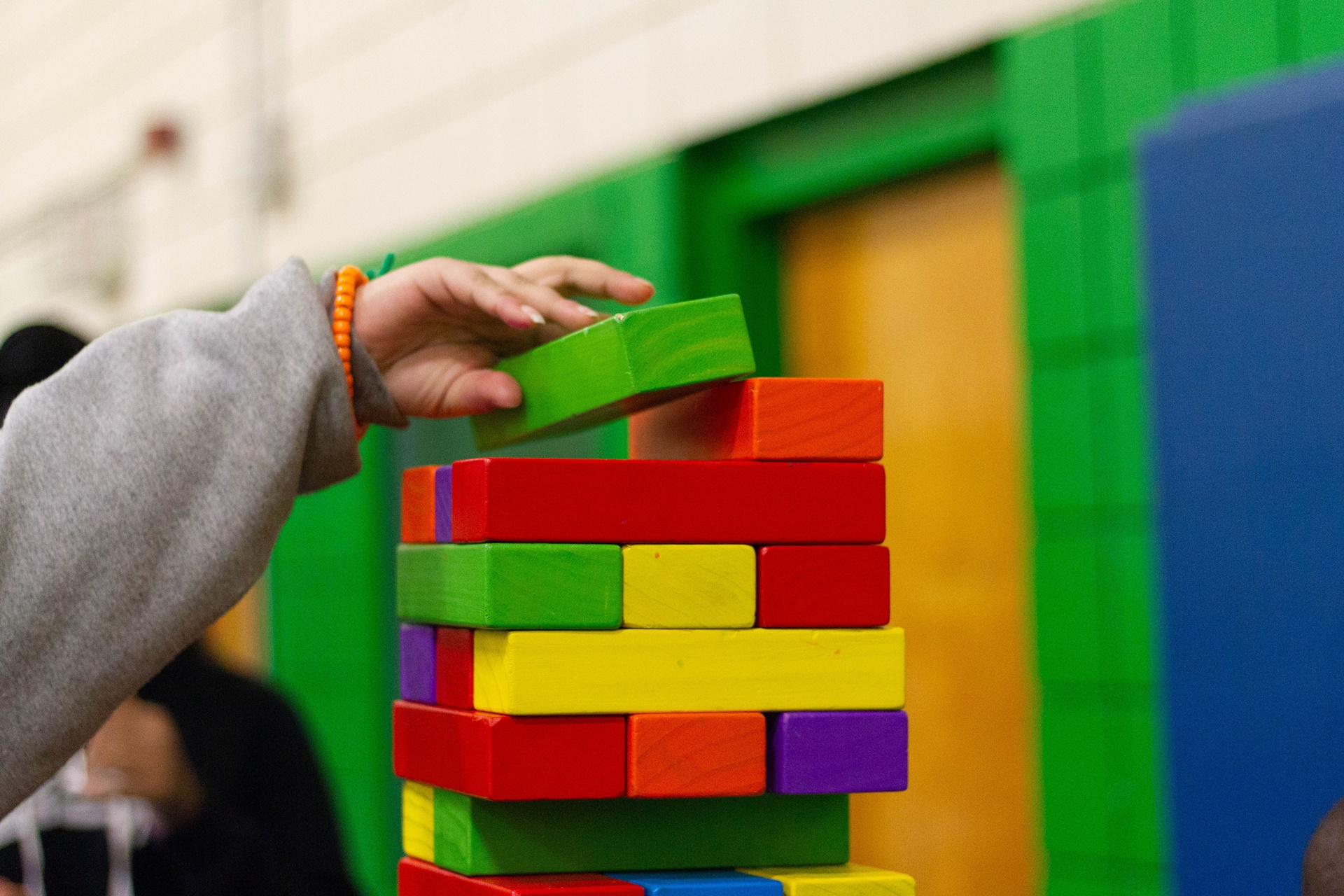Who expects what of journalism?
Independent journalism is considered an important pillar of democracy. Why? It’s interesting to examine how things would look if it were the other way around. After all, are we still talking about a democracy when censorship prevails, critical journalists are arrested, and state propaganda replaces independent journalism?
If journalism as the fourth estate is so existential for democracy, then we should know exactly what people think of it. What exactly do we expect from journalism? How much do we trust it? And what do we criticize? The study „Journalism and Democracy“, in which we continuously survey journalism, politics and the public, aims to examine where there are points of agreement, but also breaks, on these questions.
We develop values, attitudes and our image of society – not only as adults. Since it is still largely unexplored what children of kindergarten and elementary school age think about politics, journalism and the media, we would like to close this gap with the research project PoJoMeC (Politics-Journalism-Media-Competence).
On this page you will find information on the studies and journalistic articles on the topic. The research projects are supported by the NRZ Foundation and the Federal Agency for Civic Education, among others.

The Study
Which expectations do different groups have of journalism? This question is the focus of the study „Journalism and Democracy“.

PoJoMeC
How do children perceive news and journalism and what expectations do they develop as a result? These are the questions addressed by the „PoJoMeC“ study.

The Journal
How do journalism and democracy interact in a digitalized society, in a globalized world? The journal provides articles on these topics.

